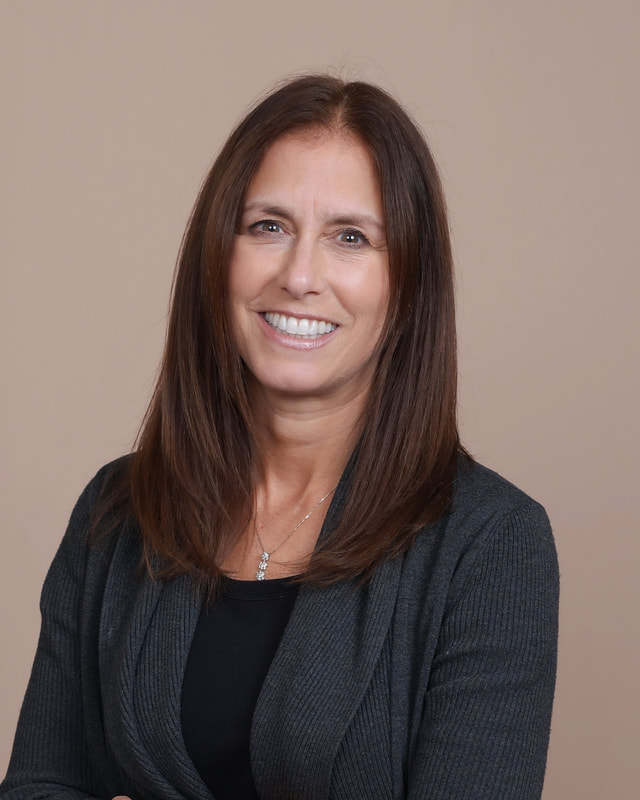|
High conflict divorces can be emotionally charged and complex. Blamers and targets are terms used to describe certain behavioral patterns and roles that individuals may assume during a divorce, particularly in high-conflict situations:
Blamers:
Targets:
In a high-conflict divorce, these roles can make it challenging to achieve an amicable resolution. Here are a few insights on managing or addressing these dynamics: 1. Seek Professional Help: Counseling, therapy, or mediation can provide a safe space to address underlying issues and help both parties communicate effectively. Not all therapists and mediators specialize in high conflict divorces so it’s important that you ask the professional what their experience is with high conflict people. 2. Establish Boundaries Set clear boundaries with the high conflict person. Setting a boundary doesn’t mean telling the person what the boundary is because high conflict people won’t easily respect a boundary. You must follow up with a consequence when the person crosses over your boundary. Examples of issues to set boundaries on include limiting communication to specific topics or through specific channels, when and how children are transferred from one parent to the other and how you’re going to share payment for children’s expenses. 3. Prioritize your children’s well-being Even if you’re extremely angry or hurt by their other parent, you need to put those feelings aside for the good of your children. Speak respectfully to your soon-to-be-ex (STBX) and avoid saying anything negative about them to your children. This can be extremely difficult because they may be provoking you. Co-parenting classes or counseling are options to become educated on how to communicate with each other. 4. Self-care and support Both parties should prioritize self-care and seek support from friends, family, or support groups to manage the emotional toll of the divorce. It's important to remember that every divorce situation is unique, and the dynamics between the individuals involved can vary significantly. Seek guidance from professionals who specialize in high-conflict divorces can be instrumental in navigating this challenging process.
6 Comments
Vera Chekan
5/1/2024 09:46:44 am
Read For Help With Lost Crypto Reach out Lost Recovery Masters
Reply
Farley Long
6/25/2024 04:42:39 pm
Good work deserves good recommendation, I met a powerful spell caster who is 100% real and powerful. I was heartbroken when my wife left me and moved out of the house. I felt my life was over and my world was crumbling around me. I tried to be strong just for the kids but I could not control the pains that tormented my heart, my heart was filled with sorrow and pain because I was really in love with my wife. I have tried many options but she did not come back, until a friend directed me to Dr Kala, a powerful spell caster and I explained my problem to him and he helped me to get my wife back within 24hrs. Me and my wife are living happily together again, This man is powerful and if you have any problem with your marriage and relationship? Just tell him your situation and he will help you. If you are in need of help to get your love back, you can contact Dr Kala on email: [email protected] or WhatsApp +2347051705853.
Reply
BE CAREFUL of crypto platforms promising huge returns. They lure people into fake programs. I lost 198,450 USD last year. While researching on how to recover my funds, I came across several recommendations on the Bitcoin Abuse Forum about HACKERSTEVE. I contacted him via his email and he helped me recover all my funds. If you’ve also been a victim of financial scams, don’t hesitate to get in touch with him.
Reply
Farley Long
6/25/2024 04:42:12 pm
Good work deserves good recommendation, I met a powerful spell caster who is 100% real and powerful. I was heartbroken when my wife left me and moved out of the house. I felt my life was over and my world was crumbling around me. I tried to be strong just for the kids but I could not control the pains that tormented my heart, my heart was filled with sorrow and pain because I was really in love with my wife. I have tried many options but she did not come back, until a friend directed me to Dr Kala, a powerful spell caster and I explained my problem to him and he helped me to get my wife back within 24hrs. Me and my wife are living happily together again, This man is powerful and if you have any problem with your marriage and relationship? Just tell him your situation and he will help you. If you are in need of help to get your love back, you can contact Dr Kala on email: [email protected] or WhatsApp +2347051705853
Reply
Luna Brian
6/27/2024 04:50:51 pm
HOW I WAS CURED FROM HERPES VIRUS
Reply
KIARA HAHN
7/20/2024 05:21:28 pm
Reply
Leave a Reply. |
AuthorJill Barnett Kaufman is a Divorce Coach, Therapist, Parent Educator and Divorce Mediator. She is an experienced professional who helps clients discover new ways to resolve a variety of challenges when considering divorce, starting the process of divorce or are already divorced. Archives
March 2024
Categories
All
|
|
|
|
Connect with us:
To get more information, click the button below:
For our privacy policy, click here, for our Terms of Use, click here and for our Disclaimer, click here.
|



 RSS Feed
RSS Feed
